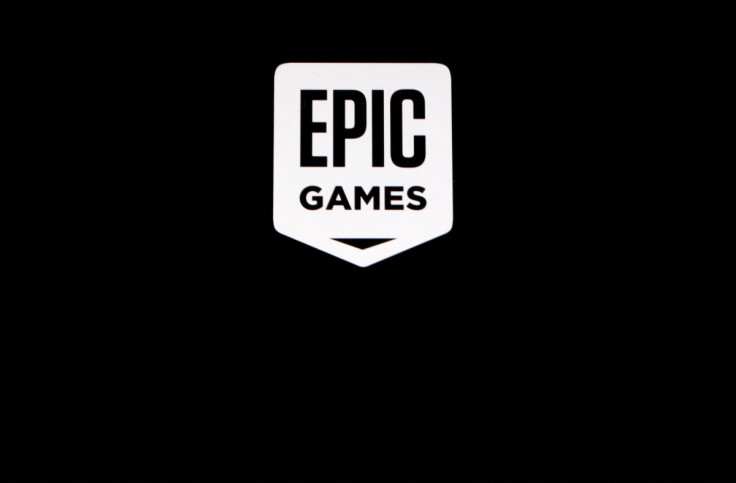FTC Orders Epic Games To Pay $245M For Tricking Players Into 'Making Unwanted Purchases'
KEY POINTS
- Epic Games will also pay $275 million in fines for violating the children's privacy law
- The FTC said Epic used dark patterns to 'dupe millions of players' into making unintentional purchases
- The FTC also slammed the developer's 'lax privacy practices'
The Federal Trade Commission (FTC) has finalized its order for Fortnite developer Epic Games to pay $245 million in settlement for its alleged "trickery" regarding "unwanted purchases" among players of the popular online video game.
The FTC said it has finalized the order that requires the game developer to "pay $245 million to consumers to settle charges that the company used dark patterns to trick players into making unwanted purchases and let children rack up unauthorized charges without any parental involvement," as per a press release.
The agency said the amount will be used to provide refunds for customers who were affected by the alleged sketchy purchases as allowed by Epic Games.
Aside from the fine, the developer has also been barred from blocking the accounts of customers who want to dispute the unauthorized charges.
Epic games has settled with the FTC on refunding $245 million to Fortnite players pic.twitter.com/HQD5fb2NsD
— Ex Populus (@ExPopulus) March 15, 2023
The settlement was first announced by the FTC in December. At the time, the regulator said Epic Games will pay $275 million in penalties for violating the children's privacy law. The said amount is separate from the $245 million to be paid to consumers in refunds.
In its December report about the issue, the FTC said Epic used dark patterns or "design tricks" to "dupe millions of players into making unintentional purchases."
Epic has also been required to adopt "strong privacy default settings" for teens and children playing Fortnite to ensure that voice and text communications are turned off by default.
Samuel Levine, Director of the FTC's Bureau of Consumer Protection, said the game developer put children and teens at risk "through its lax privacy practices."
Prior to the FTC's announcement about Fortnite purchases, Epic said it would launch a new account type for younger players, TechCrunch reported. The new account type, called a "cabined" account, requires all global players to provide their date of birth upon logging in.
Players who indicate that they are under 13 or within their country's age of digital consent will be provided with a cabined account. Parental consent will be required for the said accounts and until it is provided, digital purchases, chat and several other features will be disabled, Epic said at the time.
Parents whose children made an unauthorized credit card purchase between January 2017 and November 2018 through the Epic Games Store are qualified for Fortnite refunds.
The FTC said it will post updates and send notices to customers regarding the refund program, further warning customers and players against paying to file a refund claim.
"Remember, the FTC never asks you to pay to file a claim or get a refund. Don't pay anyone who promises you an FTC refund in exchange for a fee," the agency said.

© Copyright IBTimes 2025. All rights reserved.






















